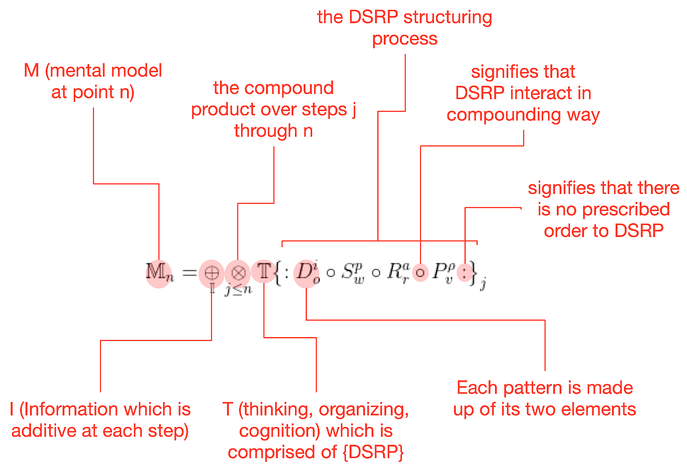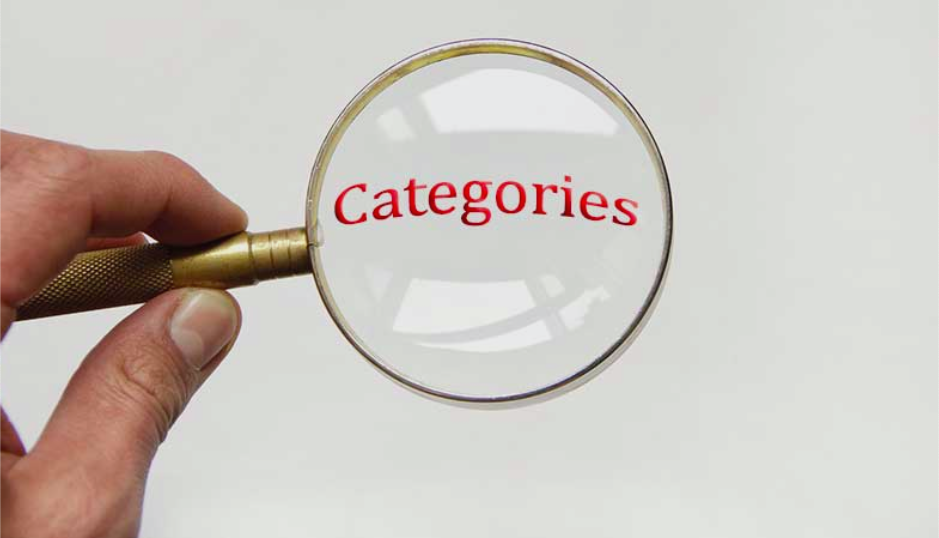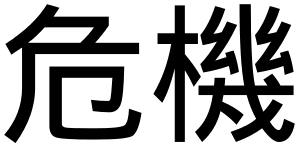Two Laws of Knowledge
 Laura Cabrera, PhD
·
1 minute read
Laura Cabrera, PhD
·
1 minute read
In 1900, 8 out 10 jobs involved work with one’s hands. Today, the statistic has flipped—8 out of 10 jobs involved working with ideas (with emphasis on medical, biomedical, and data analysis jobs).
Where schools once needed students to master the laws of the physical world to navigate an industrial age, today we live in the knowledge age. In other words, we have undergone a period of major economic, social, and political changes. This led to a corollary (and necessary) shift– in how we define knowledge and how they we can use it. The Knowledge Age is a time in which ideas and bodies of knowledge are a source of economic growth. New patterns of work and new business practices have developed, and, as a result, new kinds of workers, with new and different skills, are required.
So perhaps what we need to understand is what knowledge is, and how it works.
 Like the laws of physics, there are laws of knowledge that are simple. But be warned, just like Newton’s Laws, what seems simple on its surface can be sublime. Their simplicity should not disguise their importance, nor their implications on teaching, learning, and education. The two rules of knowledge are:
Like the laws of physics, there are laws of knowledge that are simple. But be warned, just like Newton’s Laws, what seems simple on its surface can be sublime. Their simplicity should not disguise their importance, nor their implications on teaching, learning, and education. The two rules of knowledge are:
- We build knowledge; and
- Knowledge changes.
Einstein, once remarked about simple ideas that, “It was so simple only a genius could have seen it.” Einstein knew that the seemingly simple ideas were often the most important ones. In a similar vein, George Bernard Shaw once said, “A man of genius is not a man who sees more than other men do. On the contrary, it is very often found that he is absent minded and observes much less than other people. . . but, the man of genius understands the importance of the few things he sees.” If you find yourself thinking, “that’s not so profound . . .”, take a moment to think more deeply about the implications of these two simple ideas on every aspect of your teaching, work, parenting, and your life.
Both laws have deep roots in scientific research, a long history in scholarly discourse, and complex names in academic terminology. They’re brief, instantly comprehensible, and they hold the potential to transform how educators and others work.
.png?width=150&height=150&name=CRL%20GOAT%20Logo%20(4).png)



